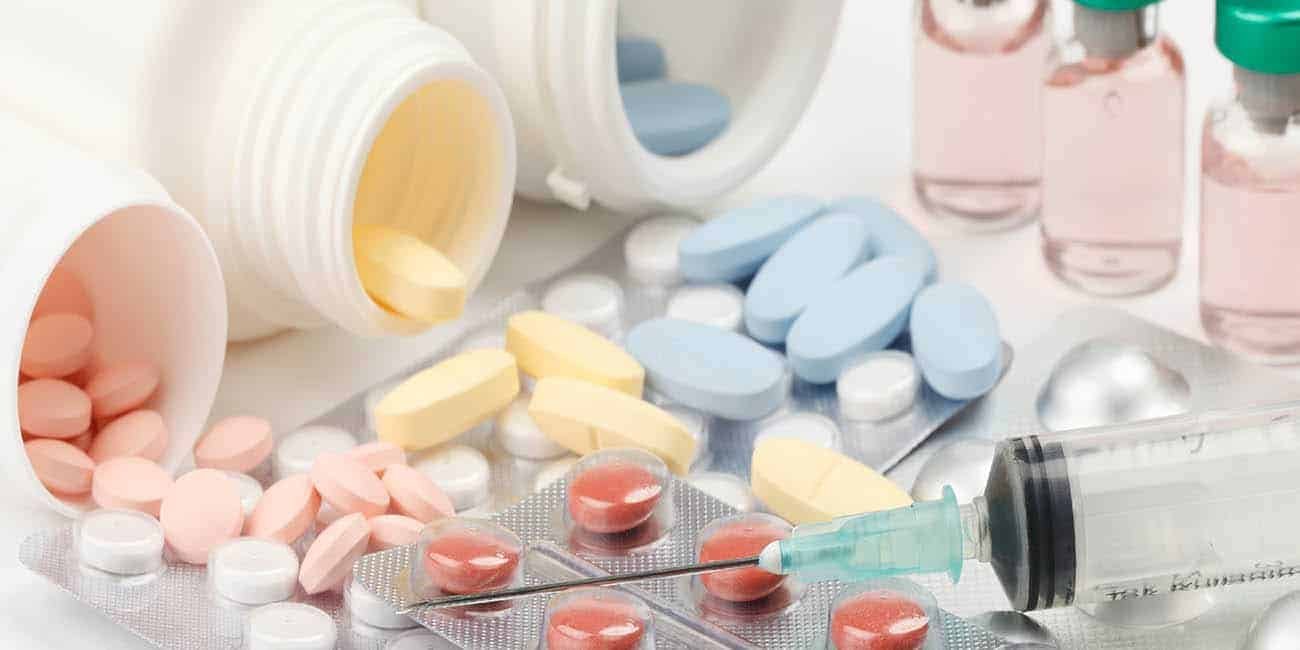Antibiotics have revolutionized modern medicine, providing an effective means to treat bacterial infections. However, knowing when to use drugs is crucial to ensure they remain effective and to prevent the rise of antibiotic resistance. In this guide, we will discuss the essential guidelines for using antibiotics appropriately, including when they are necessary, the risks of misuse, and how to maximize their benefits.

Understanding Antibiotics and Their Purpose
To begin with, drugs are designed to treat bacterial infections. They work by either killing the bacteria or inhibiting their growth. However, antibiotics are ineffective against viruses, such as those causing the common cold or flu. Understanding this distinction is crucial because using antibiotics for viral infections not only wastes resources but also contributes to the growing problem of antibiotic resistance.
When Antibiotics Are Necessary
Moreover, drugs should only be used when a bacterial infection is confirmed or strongly suspected. Conditions like strep throat, certain types of pneumonia, urinary tract infections, and some skin infections typically require antibiotics. However, doctors may need to conduct tests, such as a throat swab or urine culture, to confirm the presence of bacteria before prescribing antibiotics. In these cases, antibiotics can be lifesaving and help prevent complications.
Avoiding Antibiotics for Viral Infections
On the other hand, drugs should never be used to treat viral infections. Common illnesses like colds, the flu, most sore throats, and bronchitis are usually caused by viruses. In these cases, antibiotics will not alleviate symptoms or speed up recovery. Instead, rest, fluids, and over-the-counter medications can help manage symptoms until the virus runs its course.
The Risks of Antibiotic Overuse
Furthermore, overusing antibiotics can have serious consequences. When antibiotics are used excessively or inappropriately, bacteria can evolve and become resistant. This means that standard treatments become ineffective, leading to more severe or prolonged illnesses. In some cases, resistant bacteria can spread to others, increasing the public health burden. Therefore, using drugs only when necessary is crucial for protecting both individual and public health.
Completing the Prescribed Course
Additionally, it is vital to complete the full course of drugs as prescribed, even if you start feeling better. Stopping treatment early can leave some bacteria alive, which may lead to a recurrence of the infection or contribute to antibiotic resistance. By finishing the entire prescription, you help ensure that the infection is fully eradicated and reduce the risk of developing resistant bacteria.
Avoiding Self-Medication
Moreover, self-medicating with antibiotics is dangerous and should be avoided. Using leftover antibiotics or taking someone else’s prescription can lead to incorrect dosing, incomplete treatment, and an increased risk of side effects or resistance. Antibiotics should always be taken under the guidance of a healthcare professional who can determine the appropriate medication and dosage for your specific condition.
Monitoring for Side Effects
Furthermore, while drugs are generally safe, they can cause side effects. Common side effects include nausea, diarrhea, and allergic reactions. In rare cases, more severe side effects can occur, such as antibiotic-associated colitis or anaphylaxis. If you experience any unusual or severe symptoms while taking antibiotics, contact your doctor immediately. Monitoring for side effects and reporting them promptly can help manage any adverse reactions effectively.
Preventing Infections to Reduce Antibiotic Use
Additionally, preventing infections in the first place is one of the best ways to reduce the need for drugs. Practicing good hygiene, such as regular handwashing, staying up-to-date with vaccinations, and avoiding close contact with sick individuals, can significantly lower your risk of bacterial infections. By taking these preventive measures, you contribute to reducing the overall need for drugs .
The Role of Healthcare Professionals
Healthcare professionals play a critical role in ensuring the appropriate use of drugs. Doctors and pharmacists provide valuable guidance on when and how to use drugs correctly. They also monitor for potential interactions with other medications and can adjust treatments based on individual patient needs. Trusting and communicating openly with your healthcare provider is essential for making informed decisions about antibiotic use.
Conclusion
In conclusion, using antibiotics wisely is essential for maintaining their effectiveness and combating antibiotic resistance. Antibiotics should be reserved for confirmed bacterial infections and never used to treat viral illnesses. By following your doctor’s advice, completing the prescribed course, and avoiding self-medication, you can help preserve the power of drugs for future generations. Additionally, taking preventive measures to avoid infections further reduces the need for antibiotics, contributing to a healthier community.




